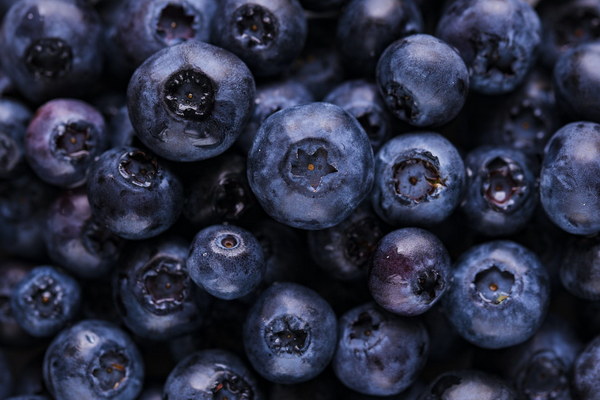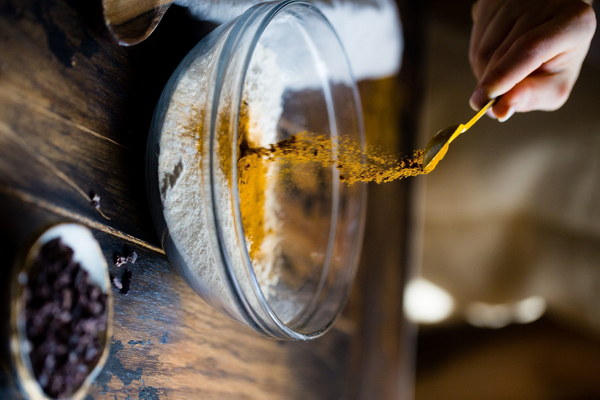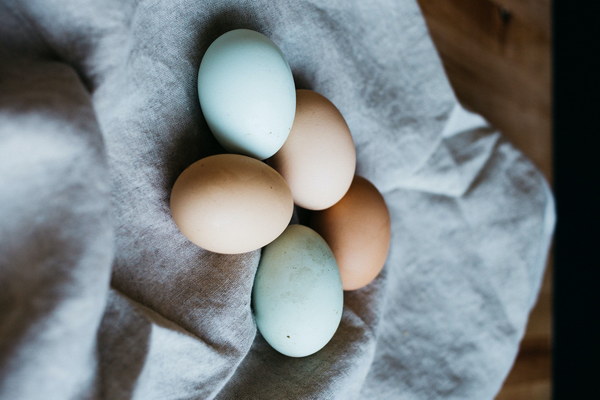Ancient Chinese Herbs The Time-Tested Solution for Dampness Removal
In the vast and intricate tapestry of traditional Chinese medicine, one of the most prevalent and intriguing concepts is the elimination of dampness. Dampness, known as Shi in Chinese medicine, is a condition believed to cause a myriad of health issues, from joint pain and fatigue to digestive disorders. The question that often arises is whether ancient Chinese herbs can effectively address this problem. Let's delve into the world of ancient Chinese herbs and explore the efficacy of this time-honored practice.
The Concept of Dampness in Chinese Medicine
In traditional Chinese medicine, dampness is seen as an external and internal pathogen that disrupts the body's balance. It is often associated with living in damp environments, consuming cold and raw foods, and excessive water intake. The presence of dampness can lead to a variety of symptoms, such as:
- Edema and swelling
- Fatigue and weakness
- Dull, heavy feeling in the body
- Poor digestion
- Joint pain
Ancient Chinese Herbs for Dampness Removal
The ancient Chinese pharmacopoeia is rich with herbs that have been used for centuries to alleviate dampness. Here are some of the most commonly used herbs in dampness treatment:
1. Astragalus (Huang Qi): This herb is highly regarded for its ability to strengthen the immune system and remove dampness. It is often combined with other herbs in formulas to enhance their efficacy.
2. Atractylodes (Cang Zhu): Atractylodes is another staple in dampness removal formulas. It is believed to help improve digestion and eliminate dampness from the body.
3. Poria (Fu Ling): Poria is a mushroom-like herb that is known for its ability to absorb moisture and reduce dampness. It is often used in conjunction with other herbs to promote urination and reduce edema.
4. Cinnamon (Rou Gui): Cinnamon is a warming herb that is used to expel cold and dampness from the body. It is often included in formulas to enhance the effectiveness of other herbs.
5. Coix Seed (Yi Yi Ren): Coix seed is a versatile herb that is known for its ability to remove dampness and nourish the spleen. It is often used in dampness-related conditions, such as edema and joint pain.
How Do These Herbs Work?
The mechanism of action of these herbs is not entirely understood, but it is believed that they work by:
- Enhancing the body's ability to expel dampness through urination and perspiration
- Improving digestion and absorption of nutrients

- Balancing the body's internal environment to promote overall health
The Efficacy of Ancient Chinese Herbs in Dampness Removal
While there is limited scientific evidence to support the efficacy of ancient Chinese herbs in dampness removal, many people have found relief from their symptoms through the use of these herbs. It is important to note that the effectiveness of these herbs may vary from person to person, and it is essential to consult with a qualified practitioner before starting any herbal treatment.
Conclusion
Ancient Chinese herbs have been used for centuries to address the issue of dampness. While more research is needed to fully understand their mechanism of action, many individuals have found relief from their symptoms through the use of these time-honored remedies. If you are struggling with dampness-related conditions, consider exploring the world of ancient Chinese herbs and consulting with a knowledgeable practitioner to determine if they may be right for you.









